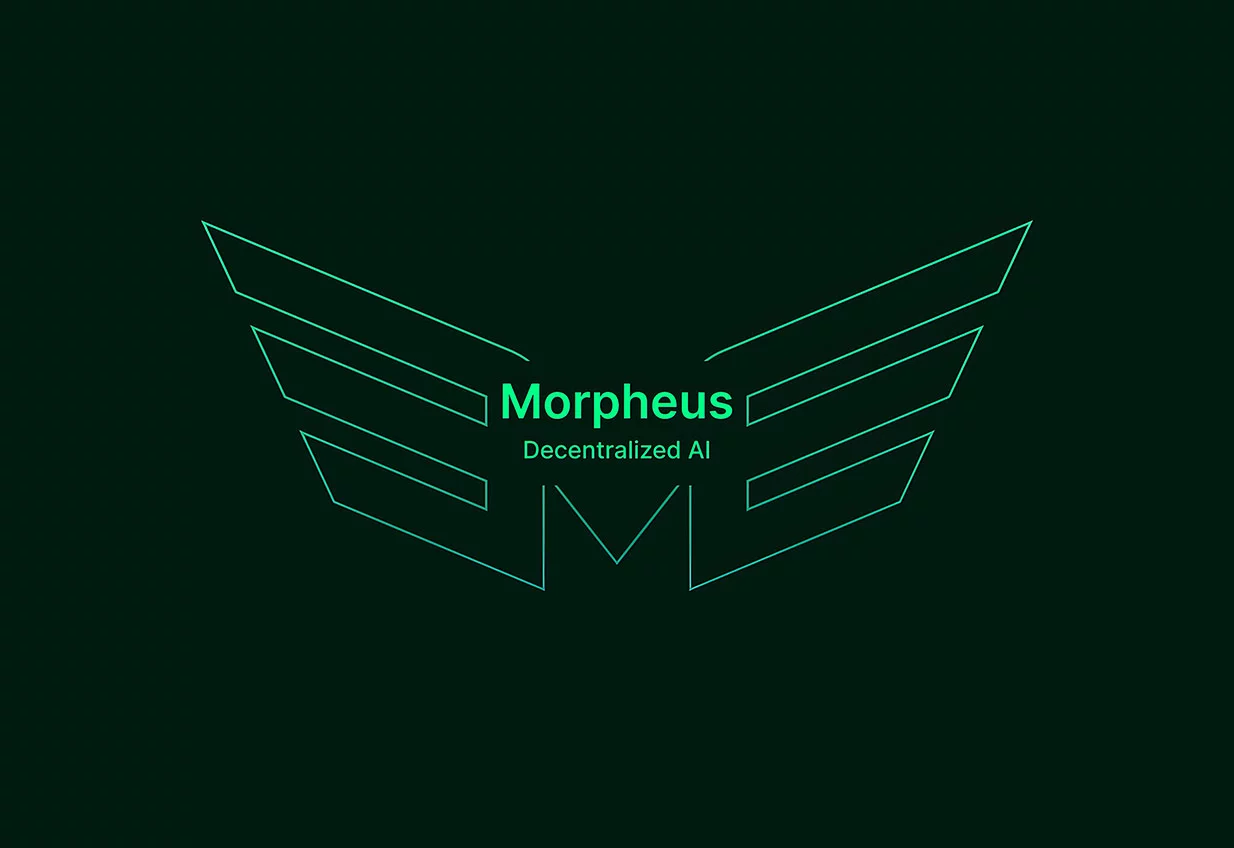Morpheus joins a growing list of decentralized AI networks, such as Bittensor, dAIOS, and the Boltzmann Network, all striving to democratize AI access and functionality. A member of the Decentralized AI Society (DAIS), Morpheus collaborates with like-minded projects to challenge the control exerted by large corporations over AI resources and datasets.
Unlike traditional AI systems managed by centralized entities, Morpheus aims to create a permissionless ecosystem where users have control over their personal AI agents and the data they share. This approach aligns with the broader Web3 vision of user empowerment through decentralization.
The project is built on the Lumerin protocol, which operates on the Arbitrum blockchain—a layer-2 solution running atop Ethereum. This architecture enables efficient and scalable smart contract execution while maintaining compatibility with Ethereum’s vast ecosystem.
Morpheus first debuted on a public testnet in July 2024, allowing developers and early adopters to experiment with its capabilities. Now live on mainnet, the platform promises to revolutionize how individuals interact with AI by offering Personal AIs, or “smart agents.” These agents empower users to perform tasks ranging from executing smart contracts and managing Web3 wallets to integrating with decentralized applications (DApps).
Morpheus distinguishes itself through its commitment to individual empowerment. The team envisions a future where smart agents become as transformative as personal computers and search engines were in previous decades. The project emphasizes accessibility, privacy, and collaboration, aiming to make AI a tool for all rather than a privilege of the few.



































